Finland is banning coal for energy production by 2030
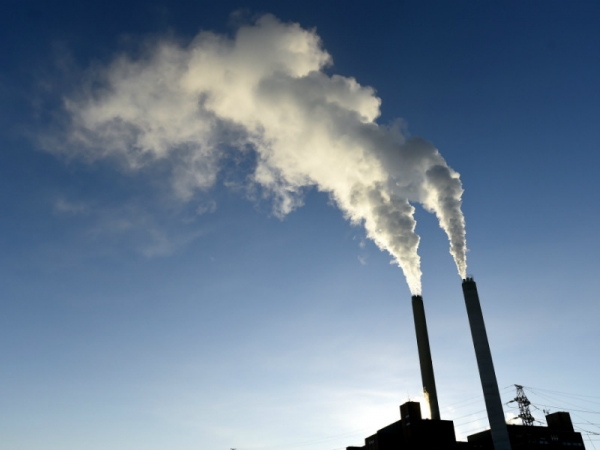
It is set to become the first country to bring such a law
It is set to become the first country to bring such a law
The Finnish government has announced plans to stop using coal in energy production by 2030, in a bid to cut greenhouse gas emissions by at least 80% by 2050. The ‘Energy and Climate Strategy for 2030 and Beyond’, which also includes plans to make energy production carbon-neutral by 2050 and replace traditional power sources with bio-fuels and renewable energy, will be presented to the Parliament for approval in March, 2017. ‘Finland is well positioned to be among the first countries in the world to enact a law to ban coal. This will be my proposal’, Minister of Economic Affairs Olli Rehn told Reuters, adding that ‘giving up coal is the only way to reach international climate goals’. Coal-free Finland campaign is supporting this cause.
Coal use has been steadily declining in Finland since 2011, and since 2012 there has been heavy investment in renewable energy. Moreover, Nordic energy prices, with the exception of coal, have been dropping since 2010. As a result of all these, coal now provides only 8% of the nation’s energy and many coal-fired power plants are being shut all over the country. But even though the government wants to phase out coal, it will continue to burn peat in the near-term, largely due to the fact it is produced domestically.
Finland ahead of other nations
Last year, Britain announced plans to shut down the coal-fired power plants lacking a carbon capture and storage (CCS) system by 2025. Denmark is aiming to become fossil fuel-free by 2050, but it has no binding targets or bans for coal use. Canada has also announced plans to phase out traditional coal by 2030, and only a couple of provinces will be permitted to use coal beyond this date if they reduce emissions with CSS systems.
Objections
Finnish Energy (ET), the branch organization representing electricity-producing companies, has expressed strong concerns about the decision. “The discussion about prohibiting the use of coal under law is inexplicable. Such an effort would not succeed without offering substantial compensation [to energy producers]. I fail to understand how the central administration can spend so recklessly and be so unappreciative of the situation in the energy markets,” says Jukka Leskelä, the managing director of ET. “The protection of property would be one of the most important questions. The Government is toying with it in a way that jeopardises the entire investment climate in the energy sector,” he adds, believing that such a prohibition would only damage the current energy system. “The use of coal has already been reduced to a fraction of what it was previously with the current system of steering and corporate investments, and the trend will remain the same in the future,” he says.
Media
Want to read more like this story?

Belgium has stopped producing energy from coal burning
Apr, 11, 2016 | NewsThe country’s last coal power plant in Langerlo closed at the end of March The country&rsqu...
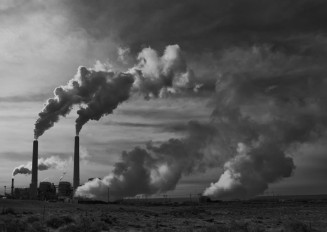
The Netherlands to face out coal-generated power by 2030
Oct, 26, 2017 | NewsThe government has committed to close all coal plants, including three that were completed just a co...
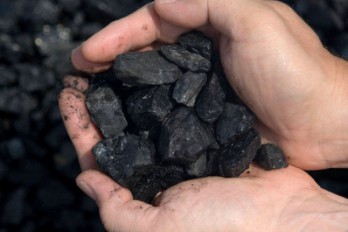
Civil society organizations from 28 EU countries ally against coal
Jan, 09, 2018 | News‘Europe beyond Coal’: a campaign against climate change, atmospheric pollution and its d...
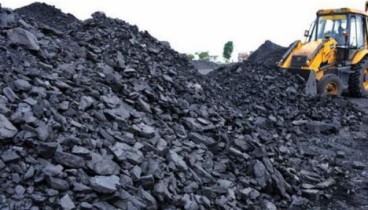
India uses coal tax money to fund renewable energy projects
Nov, 02, 2017 | NewsRenewables have been the largest beneficiary of the coal tax revenue collected in India over the las...
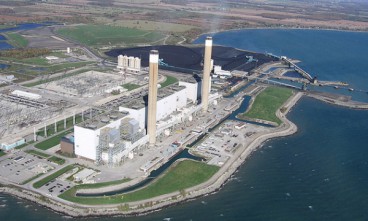
North America’s largest coal plant is being replaced by a solar farm
May, 04, 2018 | NewsThe plan was part of a larger Canadian initiative to reduce its carbon emissions The plan was par...

Renewable energy generation surpassed fossil energy for the first time during winter in the EU
Apr, 27, 2023 | NewsA study by the Ember energy think tank revealed that renewable energy generation accounted for more...

Last three German nuclear plants power down
Apr, 15, 2023 | NewsSaturday, April 15, marked the end of the six decade long German nuclear energy era with the closur...

Solar power in India is gaining ground
Mar, 24, 2016 | NewsIndian Prime Minister’s goal is to establish 100 GW of solar power by 2022 Indian Prime Min...
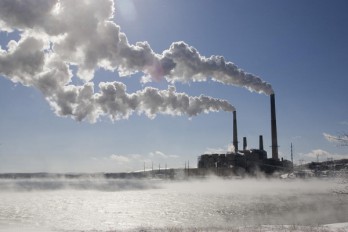
Coal-burning in the Balkans is responsible for 8.5 billion € in health costs per year
Mar, 23, 2016 | NewsThe myth that coal is the cheapest form of energy is debunked The myth that coal is the cheapest...
Trending

Vertical gardens in Mexico City to combat pollution

Saudi Park Closed After 360 Big Pendulum Ride Crashes to Ground, 23 injured

Characteristics of Load Bearing Masonry Construction

Taipei 101’s impressive tuned mass damper

Dutch greenhouses have revolutionized modern farming

Federal court rules Biden’s offshore drilling ban unlawful


